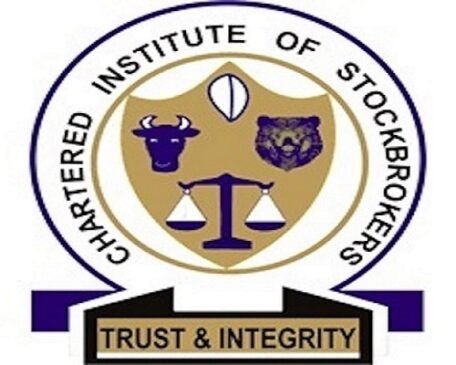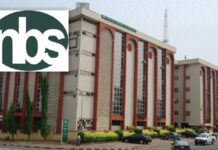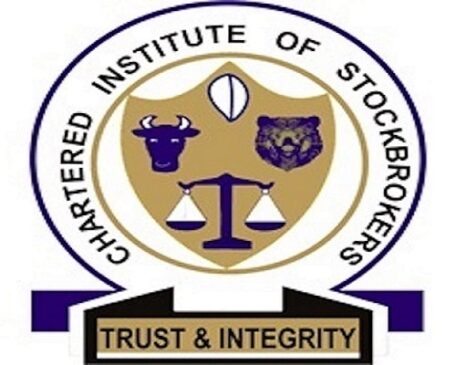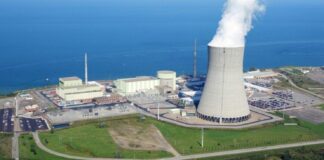CIS Urges FG to Leverage Capital Market to Bridge Infrastructure Deficit
The Chartered Institute of Stockbrokers (CIS) on Sunday urged the Federal Government to leverage investment opportunities in the capital market for medium and long-term capital to bridge infrastructure deficit.
The CIS President, Olatunde Amolegbe, said this in a statement on Sunday in Lagos.
Amolegbe said that the Nigerian capital market would definitely help in bridging the infrastructure deficit and funding gap of the country.
“The outbreak of the COVID-19 pandemic has aggravated the nation’s fragile economy.
“The sharp drop in government revenue has made it more difficult for the government to weather the crisis.
“This resulted to a decline in consumption, aggregate demand, investment, net export and increasing government spending. The Federal Government had to review the budget downwards to N10.8 trillion.
“We believe even with the 29 per cent allocation to capital expenditure –about N3.4 trillion, is not sufficient to bridge the gap, given the neglect in the past compared with about $14 billion annual requirement.
So, the capital market via the private sector can provide this support,” Amolegbe said.
He noted that the capital market provides a better funding options in terms of cost and tenor, relative to bank loans.
On the 2020 Stockbrokers’ Conference, Amolegbe said that it would provide direction for both fiscal and monetary authorities to deploy expansionary policies for sustainable growth and development.
He said that the conference scheduled for Nov. 4 and 5, was designed to address some of the fundamental economic challenges in Nigeria.
According to him, the conference will also examine investment options for diversification of portfolios across asset classes and beyond the traditional asset classes.
“We plan to examine how the proposed CAMA 2020 will benefit the capital market, as well as provide context on how the Nigerian Stock Exchange’s Demutualisation shall benefit the capital market stakeholders,” he added.
Amolegbe said that the institute had invited seasoned speakers from within and outside the country to provide their perspectives on the focus areas.
The conference’s Theme is: “Navigating through the Storms: Re-energising the Economy through the Capital Market.”




























































































